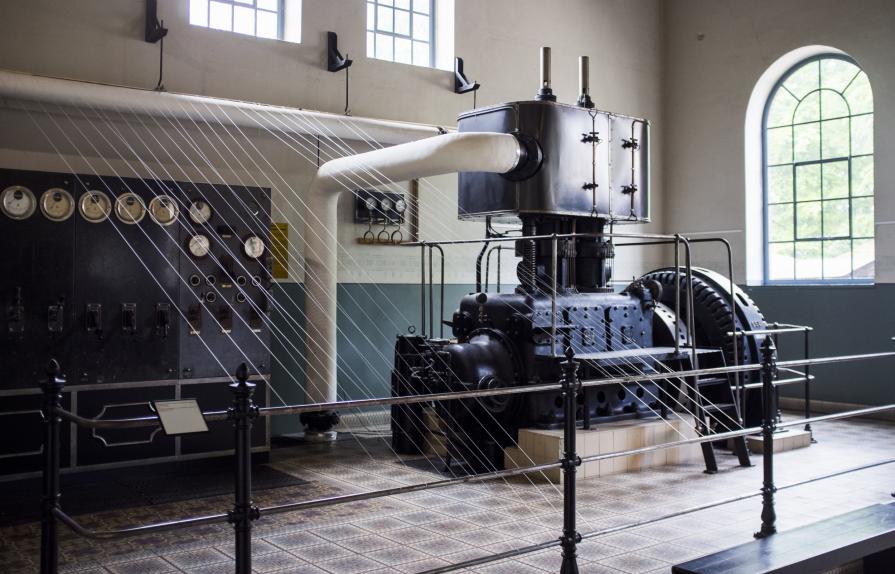
Syria...as my mother speaks
I was born in Aleppo, Syria in 1973, and emigrated to the U.S. with my family in 1976. My connection to Syria was always a shadow of my identity being that I never felt completely Syrian, or completely identified with being American. My emotional response to this war however has made me understand how Syria is my homeland; the place where the accumulation of all the experiences of my family and the impressions of the first 3 years of my life, which felt very familiar when I visited in 2006, had on me.
Realizing that the war naturally comes up in topic while speaking to my mother, and how personal the stories were, I needed to do something with them. I had relatives in Aleppo and Damascus that are still impacted and the tragedies you would hear on the news, were actual events affecting my family: “Did you hear that Amal’s house in Damascus was hit by a rocket..?” or “The car bombing in Damascus was a few blocks away from Benita’s office…” or “A soldier knocked on Sylva’s sister’s apartment in Aleppo and threatened to kill her son unless given a ransom...” This as my mother would lament, was not the Syria she remembered growing up during the French Mandate in school at the Franciscaines Missionnaires de Marie in Aleppo to her nights out with my father at Club d’Alep enjoying dancing, Aleppan cuisine, and a very large social circle.
Working with Danish sound artist, Bent Bøgedal Christoffersen, where he layered these snippets of conversations against a backdrop of war sounds, chants, and traditional Syrian songs, this instrument plays as a harp where each string triggers different points in this sound collage. The inspiration comes from an article in the New York Times “A Song of Lament for Syria,” by Nihad Sirees, April 26, 2013, where the author lamented how Aleppo, famous for its love of music, and where it is said that every house in the city contains at least one instrument, is losing this tradition among many others in this war. Aleppo was the birthplace of many celebrated songstresses, where its homes were known for their all-female musical evenings, where famous female singers and musicians performed for audiences that included influential women from all over the city. Today, the traditional sounds of music are replaced with the violent sounds of this incessant battle.
While the war in Syria is a huge tragedy on a global scale; what it is for my family and I is a reminder of our own tragedies, our own histories, and the realization that we may never again see the place where we came from, not as it once stood, as though all of our own personal histories are being erased with the collapsing of these cities and architectural history.






















Comments 0
Say something